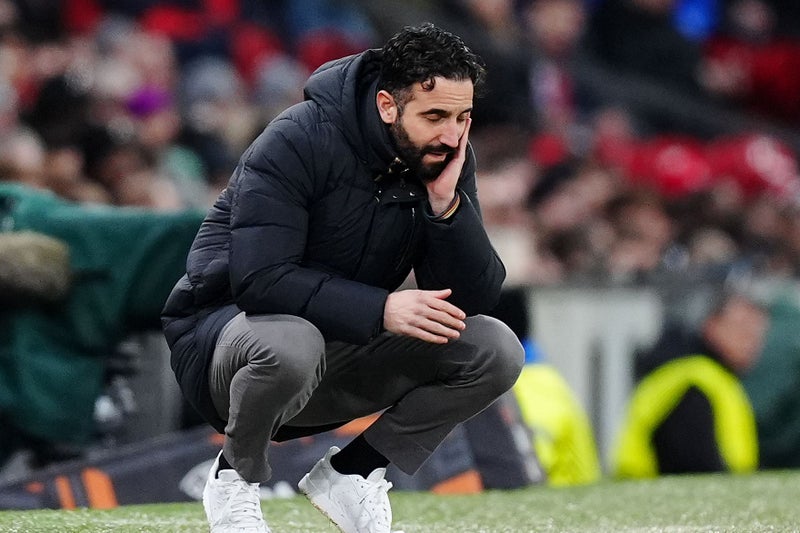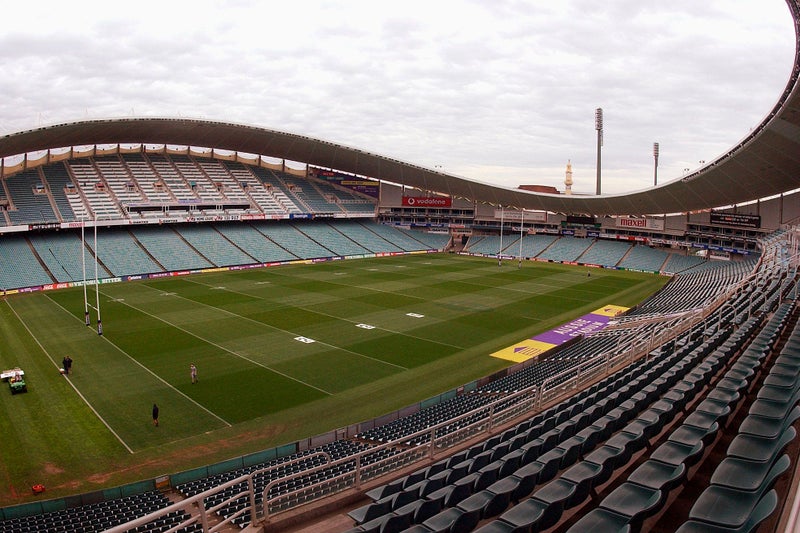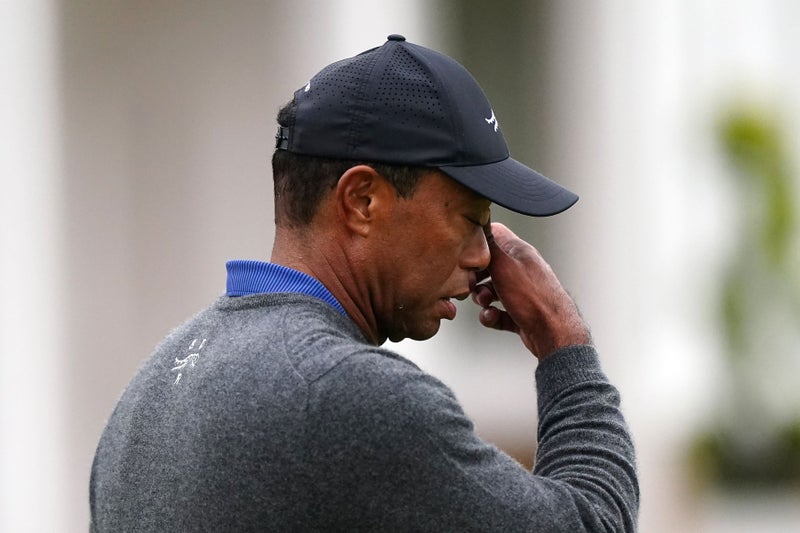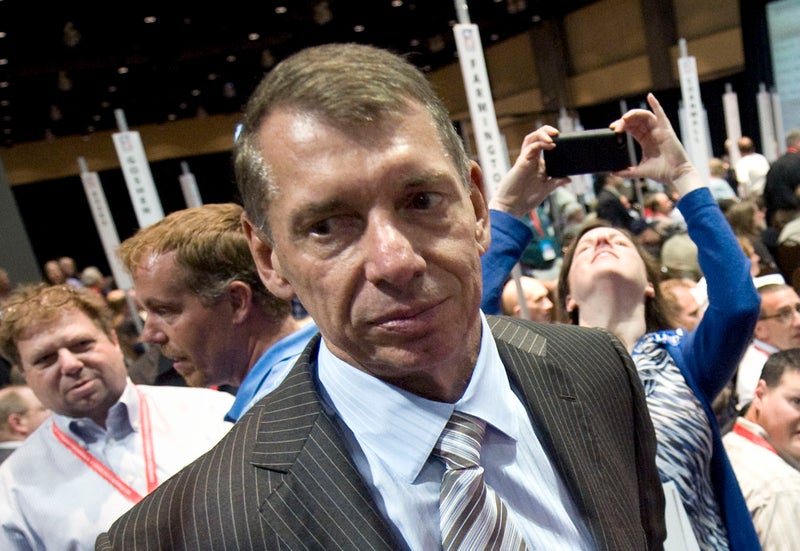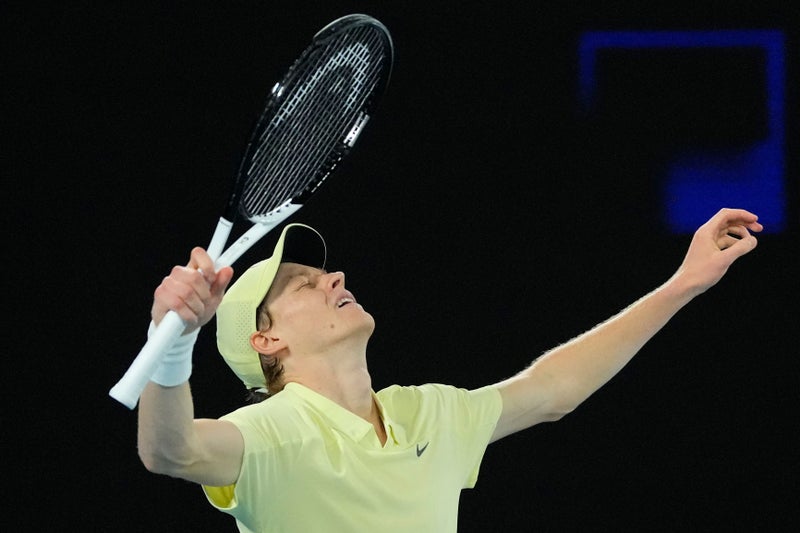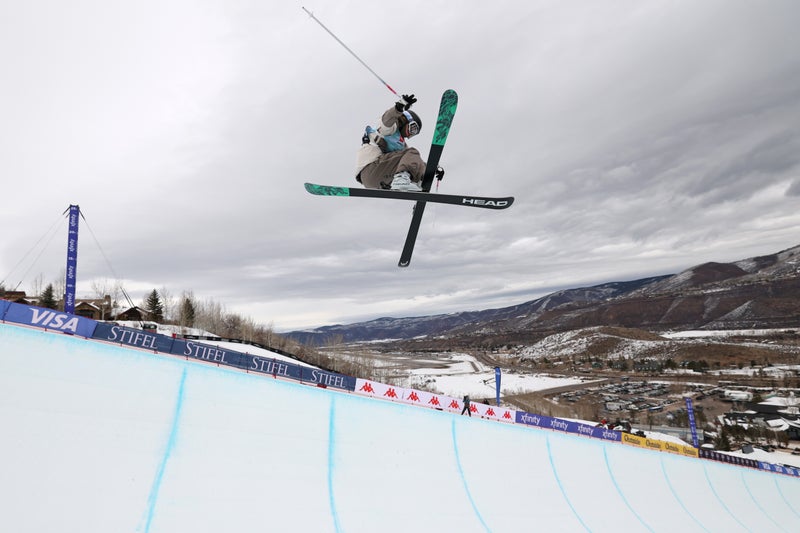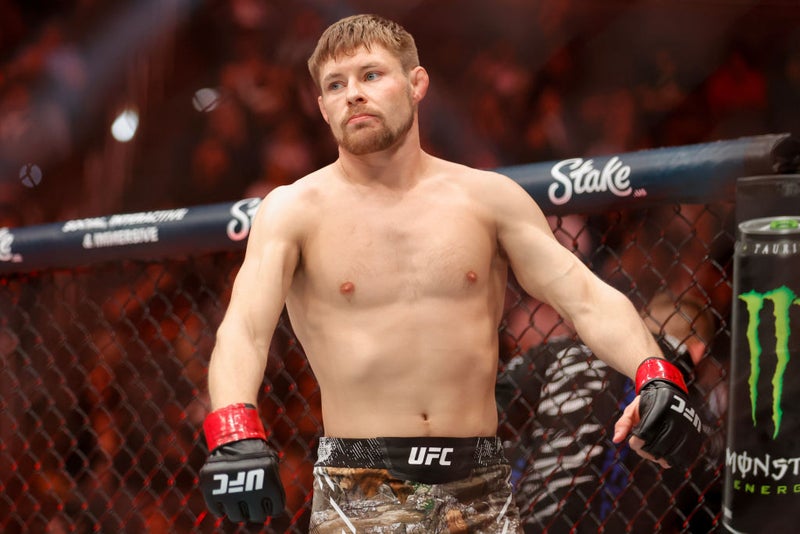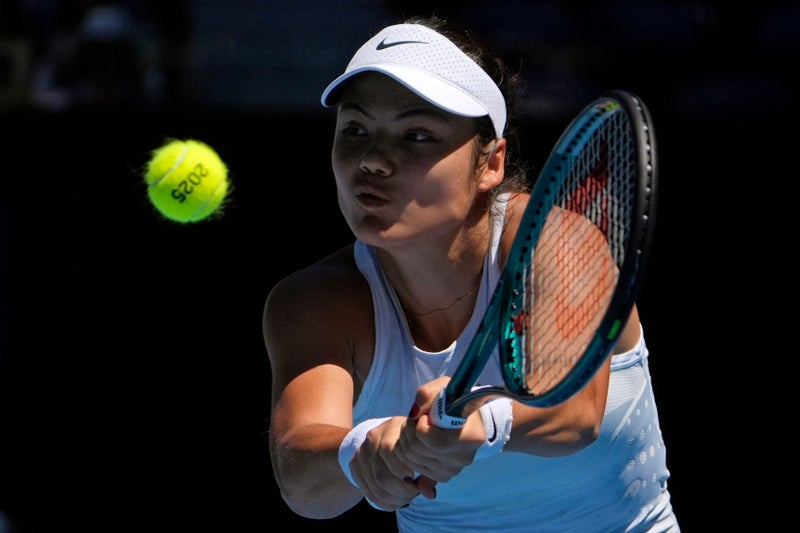The sides meet in the Premier League on Sunday languishing in mid-table despite their riches with Ange Postecoglou and Ruben Amorim aiming to salvage their seasons. Towards the end of the transfer window, as poor results led to an increasing sense of panic around Tottenham Hotspur, the club pushed for some unexpected deals. Some were so unexpected that the targets abruptly expressed no interest in going there. More than one player preferred a move to Aston Villa instead.
![[Jonny Evans of Manchester United scores against Tottenham]](https://static.independent.co.uk/2025/02/14/8/28/Jonny-Evans-of-Manchester-United-scores-against-Tottenham-2190740518.jpeg)
Manchester United aren’t at that point but they have found their sway isn’t what it was. Many under-23s, which is the age profile the club are now prioritising, have grown up with the club looking like a basketcase rather than frequent champions. One target's disinterest was described as “a low”. That’s been the thing with this season for both clubs. As bad as it has got, it is like another nadir is always around the corner.
![[Manchester United players react at Tottenham to conceding]](https://static.independent.co.uk/2025/02/14/8/11/Manchester-United-players-react-at-Tottenham-to-conceding.jpeg)
They come despite the clubs’ fixed places in the upper reaches of the Deloitte Football Money League. The latest edition actually dropped on 23 January, just after United had lost 3-1 to Brighton and Spurs fell 3-2 to Everton. Both were left entrenched in the bottom half of the table, and yet there they were in the top 10 of a list executives pore over. The latest figures show United had a revenue of around £640m for 2023-24, in fourth, and Spurs £513m, in ninth.
![[Son Heung Min of Tottenham celebrates with teammates Radu Dragusin and Yves Bissouma against Man Utd]](https://static.independent.co.uk/2025/02/14/8/24/Son-Heung-Min-of-Tottenham-celebrates-with-teammates-Radu-Dragusin-and-Yves-Bissouma-against-Man-Utd.jpeg)
All of that is in a football world where there is a 90 percent correlation between wage bill and league position, so it shouldn’t really be possible to be this bad. United and Spurs have become the anomalous 10 percent, in terms of performance, as much as football’s 1 percent in terms of wealth. The evidence of the modern game is that such riches afford clubs safety nets, levels which they can’t go under. Only four years ago, both considered themselves so far above most of the game that they had designs on a Super League. Football comes at you fast. They’ve now fallen so fast they’ve burst through those safety nets.
This obviously isn’t just down to the figures or financial facts, either. Just look at the football. Even Spurs’ best XI, when it actually gets to be used, is some way off the vibrancy of Mauricio Pochettino’s. Manchester United’s teamsheet meanwhile reminds you of Liverpool in the 2010-11 season, say, and that before Luis Suarez. There are so few players who would intimidate opposition teams - maybe just Bruno Fernandes and Amad Diallo at the moment - and so many who look like they just shouldn’t be at such a club.
It adds an element of sarcasm to this week’s “Super Sunday” at Tottenham Hotspur Stadium, a different sense of spectacle. This is maybe the meeting of the two most underperforming teams in Europe. Who knows what’s in store. On recent form, it’s unlikely to be high quality. The strange part is that as caustic as these comments read none of it is to blame players or coaches that much. It may almost seem some kind of dark magic for both teams to be this bad, but there are plenty of logical reasons. The two clubs are facing perfect storms, in different ways.
With Spurs, Ange Postecoglou was right to say last weekend that any “objective analysis” has to start with the injuries. They've been too much to handle. The wider issue is how those absences have exposed macro and micro problems. Spurs are suffering from a long-term lack of elite investment in the squad. Their wages-to-turnover ratio is among the “healthiest” in football at 42 percent, but that isn’t necessarily all that beneficial to the team - or, as a consequence, the business. The 2023-24 Deloitte figures show that Spurs paid over £100m less in wages than their erstwhile “big six” partners, and more than £30m less than Aston Villa. Little wonder more players fancy Unai Emery’s side.
Put bluntly, Champions League qualification would be a drastic overachievement. Spurs didn’t maximise their own appearance in the 2019 final. Manchester City £401m. Liverpool £378m. United £362m. Chelsea £330m. Arsenal £320m. Villa £250m. Tottenham £217m. Newcastle £213m. West Ham £158m. *Euros converted to pounds. This lower spending has a greater cost when you miss your most valuable players, like Micky van de Ven. The more concerning question is whether Postecoglou’s approach has been a factor in the injury crisis, rather than just a victim of it. Some around the club have already wondered about close-season changes to the medical staff. There is then the debate about Postecoglou’s tactics, and whether they are sophisticated enough for the level.
Such arguments have led to bristling about a perceived dismissiveness about his coaching background or that he had his best results in Scotland. It’s nothing to do with any of that. The Premier League is the strongest league in the world and football - for all its faults - is meritocratic. You prove yourself at the next level up or you drop down. The jury is still out on Postecoglou, especially given the unexpected proportion of losses. How he responds will be instructive.



